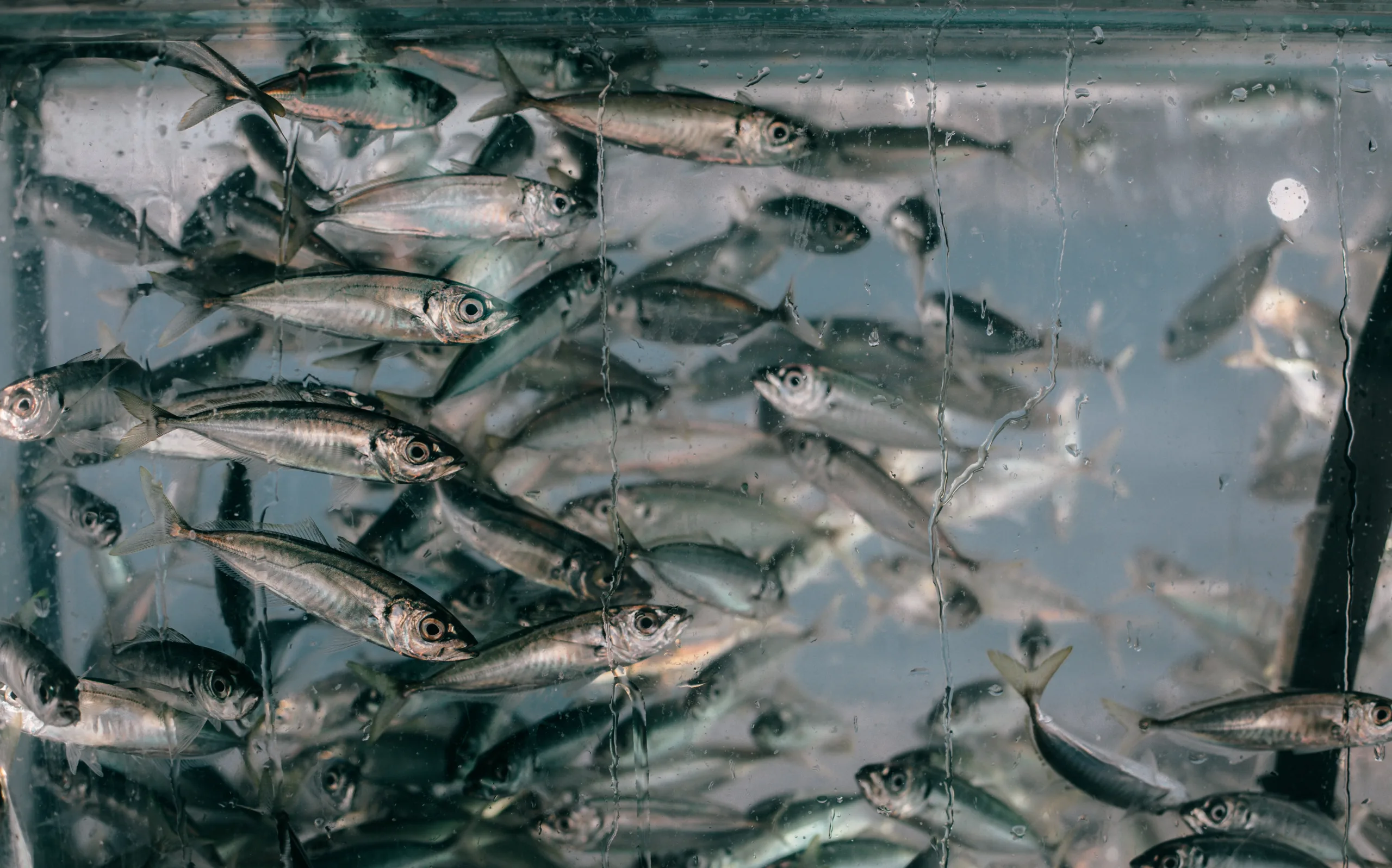Table of Contents:
- Introduction
- Historical Roots: England’s Herring-Eating Resistance
- The Herring Industry Board’s Struggles
- The Multifaceted Herring: A Culinary Delight
- Herring’s Journey: From Local Catch to Dutch Export
- Current Trends: Herring’s Resurgence in England
- Overcoming Hurdles: Challenges and Solutions
- The Future of Herring: Environmental and Economic Implications
- FAQs About Herring
- Conclusion: Embracing Tradition and Flavor
Introduction:
The culinary world is ever-evolving, yet some traditions face an unexpected struggle for acceptance. In England, a peculiar resistance to herring-eating dates back centuries. This humble fish, often termed the “king of fishes,” has an intricate history intertwined with religious beliefs and social norms. In this report, we explore the fascinating journey of herring, shedding light on its past, present, and the promising future it holds on England’s dining tables.
Historical Roots: England’s Herring-Eating Resistance:
England’s aversion to herring consumption has roots in the Reformation era, where Protestantism’s rise was linked not just to religious principles but also a resentment of fasting. The Herring Industry Board’s attempt in the 1930s to provide surplus salt herring to the needy faced challenges, highlighting the prevailing societal attitudes towards this remarkable fish.
The Herring Industry Board’s Struggles:
Established in 1935, the Herring Industry Board aimed to cultivate a domestic market for herring. Despite their efforts, a staggering 95% of the catch ended up in Dutch hands. Walter Elliot, the minister of agriculture, expressed doubts about herring’s suitability for impoverished children. These challenges hindered the herring industry’s growth within England.
The Multifaceted Herring: A Culinary Delight:
Herring, in its various forms—fresh, salted, kippered, bloatered, bucklinged, vinegar-pickled, red, silver, or golden—offers a diverse culinary experience. Its versatility in cooking methods and flavors makes it a treasure trove for chefs and food enthusiasts alike. Embracing herring means embracing a world of taste waiting to be explored.
Herring’s Journey: From Local Catch to Dutch Export:
Despite being abundant in English waters, a considerable portion of the herring catch ended up in Dutch markets. The reasons behind this shift raise questions about England’s appreciation for its own maritime resources. Exploring this journey provides insight into economic choices and market dynamics.
Current Trends: Herring’s Resurgence in England:
In recent years, herring has experienced a renaissance in England’s culinary scene. Top chefs have recognized its potential, elevating it from a neglected fish to a trendy delicacy. The resurgence of interest in herring signifies a shift in attitudes, indicating a broader acceptance of this once-overlooked ingredient.
Overcoming Hurdles: Challenges and Solutions:
Challenges persist in reintegrating herring into England’s gastronomic landscape. Addressing issues such as marketing, consumer education, and sustainable practices is crucial. Collaborative efforts between the government, fishermen, and chefs can pave the way for herring to become a staple in English cuisine once more.
The Future of Herring: Environmental and Economic Implications:
Embracing herring not only offers culinary benefits but also contributes to environmental sustainability and economic growth. Harnessing the potential of this abundant resource can create jobs, support local economies, and promote responsible fishing practices. Additionally, herring’s low environmental impact makes it an eco-friendly choice for conscientious consumers.
FAQs About Herring:
Q1: Is herring a sustainable choice? Yes, herring is a highly sustainable fish, known for its rapid reproduction and abundance in various oceanic regions.
Q2: What are some popular herring dishes? Popular herring dishes include pickled herring, smoked herring, herring roe, and traditional herring salads.
Q3: Can herring be consumed raw? While herring is often enjoyed cooked, certain varieties, like sushi-grade herring, can be consumed raw after proper preparation.
Conclusion: Embracing Tradition and Flavor:
In the midst of evolving culinary trends, it is heartening to witness the revival of herring, the unsung hero of the sea. England’s historical reluctance to embrace this nutritious and flavorful fish is gradually fading away. By understanding its rich heritage, exploring diverse culinary applications, and addressing existing challenges, herring can reclaim its rightful place in the hearts and palates of the English people.
The journey of herring is not just a story of a fish; it is a tale of cultural rediscovery and culinary appreciation. As chefs innovate, consumers learn, and communities thrive, herring’s resurgence embodies the spirit of embracing tradition while embracing change. Let the herring revolution continue, one delectable dish at a time.
